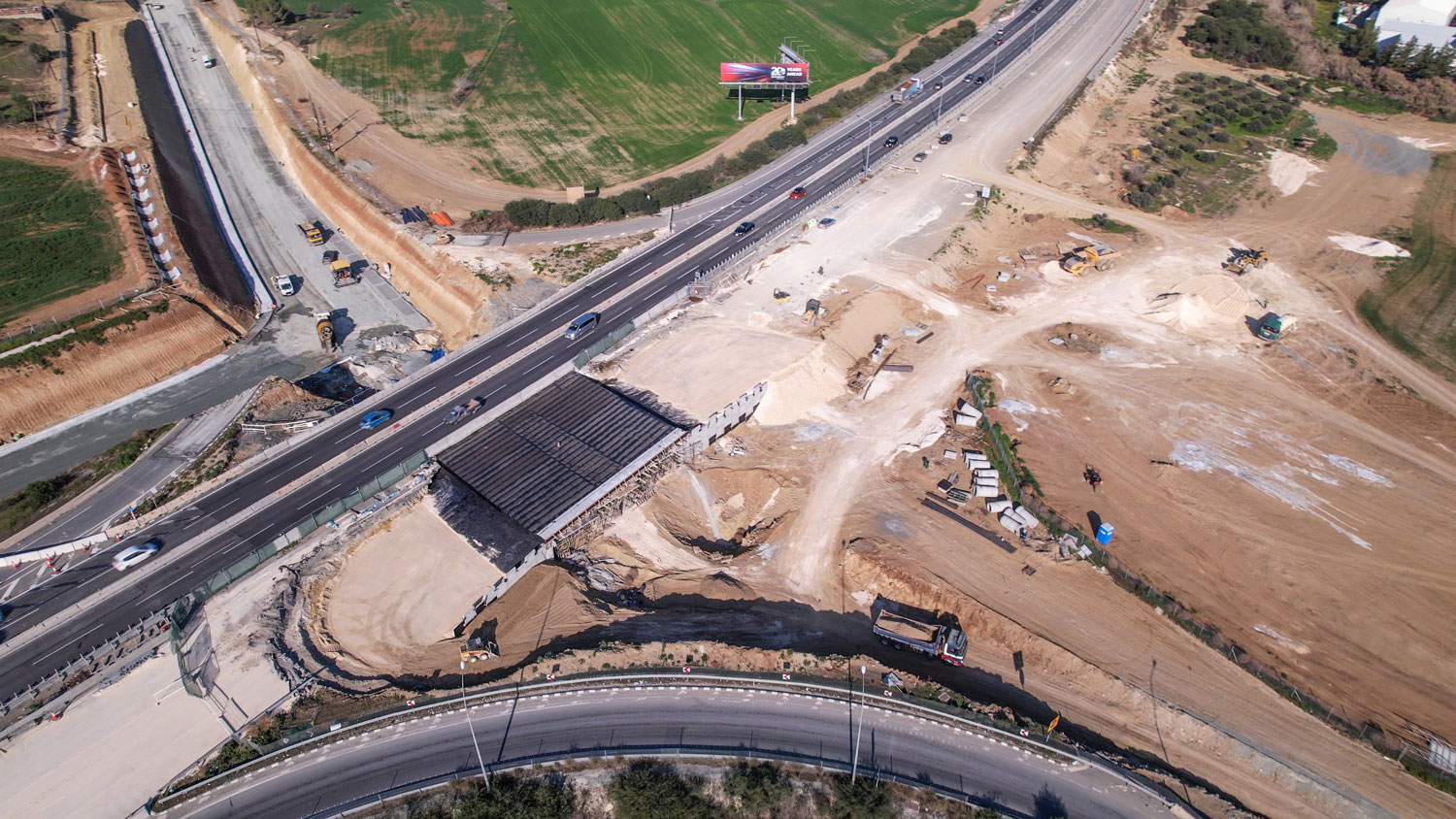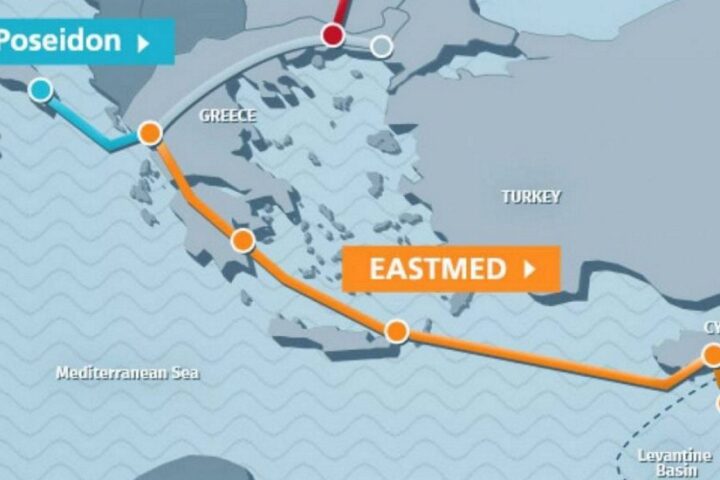The European Commission will co-finance 107 infrastructure projects worth €6.2 bln in grants to support sustainable, safe and efficient transport, including constructing Nicosia’s orbital motorway.
The projects include major cross-border rail connections and the development of maritime ports.
In Cyprus, the funds will go towards constructing the Nicosia South Orbital Motorway (€32.9 mln) and a Eurocontrol project.
According to a statement, the grants come from the Connecting Europe Facility (CEF), and over 80% of the funding will support projects that deliver a more efficient, greener, and smarter network of railways, inland waterways and maritime routes along the trans-European transport (TEN-T) network.
The projects are also targeted to bolster the EU-Ukraine Solidarity Lanes, set up to facilitate Ukraine’s exports and imports.
The 107 projects have been selected from 353 submitted.
EU funding will take the form of grants, which will be used to co-finance total project costs.
Projects in Cyprus
Out of the total funds announced, nearly €33 mln will be used to co-finance the construction of Phase C, section 1 of the Nicosia South Orbital Motorway, which will connect it with Limassol.
The project’s main benefits include reduced travel time in the greater area of Nicosia, reduced congestion and decreased environmental impacts, according to the project summary published by the Commission.
Cyprus and another 22 EU states are participating in a project overseen by Eurocontrol, which aims to improve the interoperability and efficiency of air traffic management. The project will be granted €71.3 mln.
The project includes a rolling plan that allows the major European hubs to reduce congestion, delays and unnecessary carbon and noise emissions, an operational concept that allows aircraft to fly more direct routes when crossing the European skies.
It allows for the reduction of flight times and significant savings in CO2 emissions, and a set of common standards, protocols and digital services that allow Aviation stakeholders to exchange aeronautical and flight information seamlessly.
Cross-border connectivity
The package prioritises major cross-border rail connections along the TEN-T core network, including the Brenner Base tunnel (linking Italy and Austria), Rail Baltica (connecting the three Baltic States and Poland with the rest of Europe), and the cross-border section between Germany and the Netherlands (Emmerich–Oberhausen).
Maritime ports in Ireland, Greece, Spain, Latvia, Lithuania, the Netherlands and Poland will also receive funding for developing on-shore power supply to reduce greenhouse gas emissions from moored vessels.
To help make inland waterway transport future-proof, infrastructure along the Seine-Scheldt cross-border waterways between France and Belgium will be modernised.
Inland ports on the Danube and the Rhine basins, such as Vienna and Andernach, will also be upgraded.
Several EU Member States will deploy Intelligent Transport Systems and Services (ITS) on roads, particularly cooperative ITS (C-ITS), for safer and more efficient transport.










